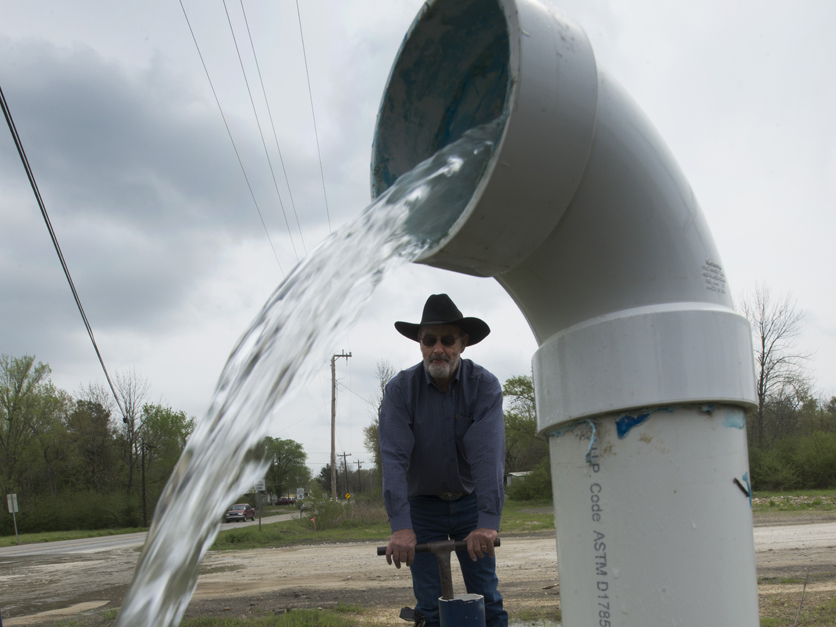A group of researchers has been analyzing plans submitted for the Sustainable Groundwater Management Act (SGMA) and looking into the potential impacts on agriculture. The scientists, from UC Davis, UC Merced and the Public Policy Institute of California, detailed their findings in a new study.
One thing they point is that if a plan relies on just small reductions in the use of groundwater, it will have a smaller chance for overall success in coming into compliance with SGMA. Yet raising that chance for success from 50% to 100% could cost six times more in lost crop revenues, they explain
The scientists note that an “important caveat” in their study is that it only accounts for revenue losses caused by reducing groundwater overdraft. They urge the plans to also consider the costs for not complying with SGMA. This could be “infrastructure damage related to land subsidence, capital costs of stranded wells, higher pumping costs, dry drinking water wells and harm to groundwater-dependent ecosystems.”


